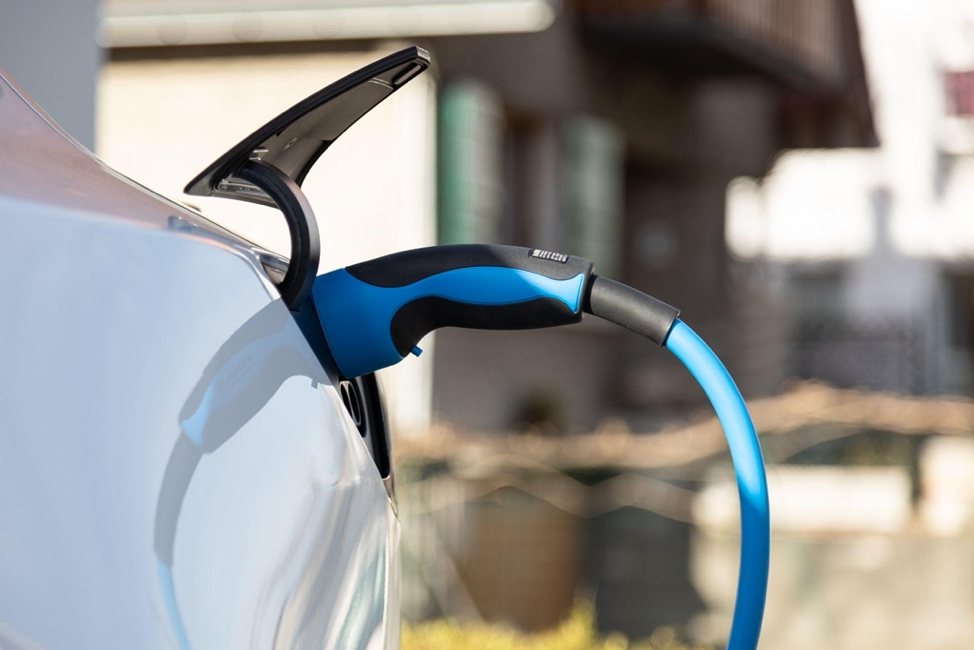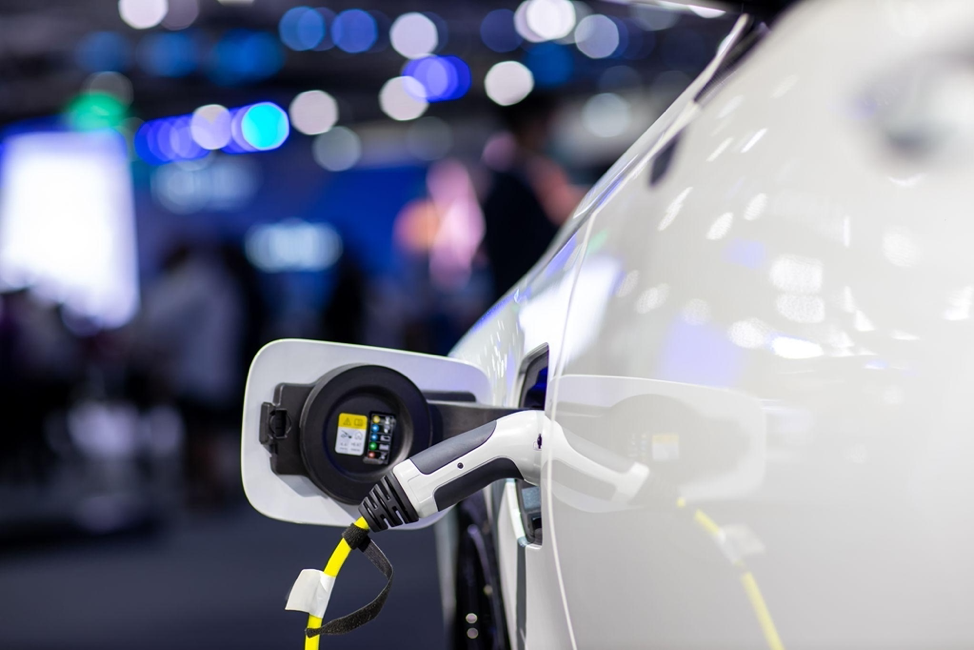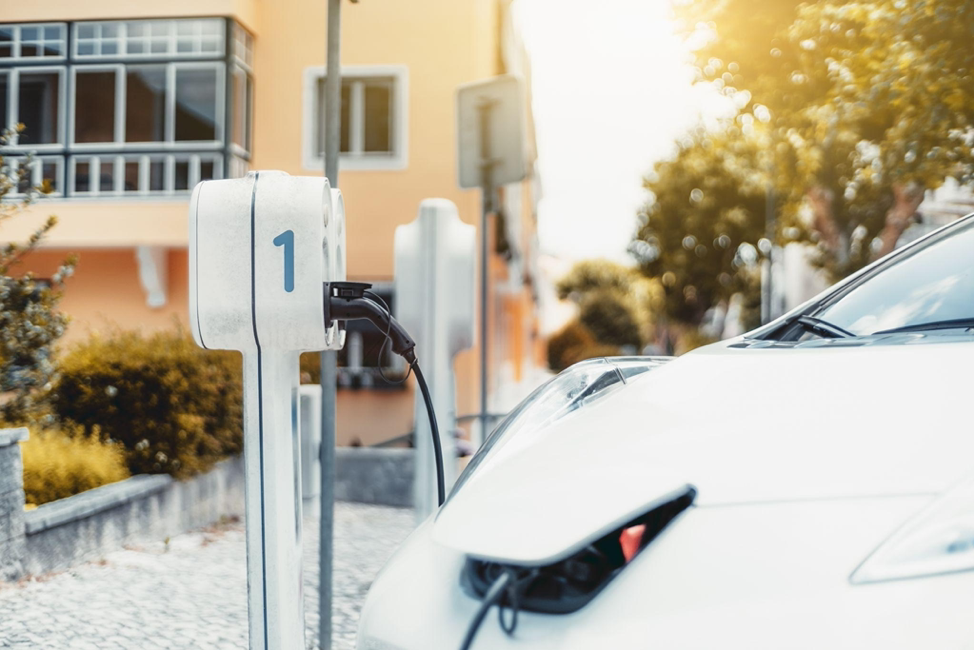Contents
- 1 Exploring the Advantages of Electric Car Ownership
- 2 1. Environmental Benefits
- 3 2. Energy Efficiency
- 4 3. Long-Term Cost Savings
- 5 4. Performance and Driving Experience
- 6 5. Government Incentives for Owners of Electric Cars
- 7 6. Home Charging
- 8 The Downsides of Electric Car Ownership
- 9 1. Limited Range
- 10 2. Limited Charging Infrastructure
- 11 3. Higher Upfront Costs
- 12 4. Longer Charging Times
- 13 5. Battery Life
- 14 Navigating the Pros and Cons of Electric Car Ownership
Gone are the days when electric cars were a mere novelty item. With advancements in technology and an increasing focus on sustainability, they have become a viable and desirable mode of transportation for many.
With stylish and modern designs, instant acceleration, and minimal noise pollution, electric cars are quickly changing how we approach driving and car ownership. But are they the right choice for you? Let’s find out!
Exploring the Advantages of Electric Car Ownership
With the demand for sustainable transportation growing, various EV service providers, such as Pumpt, make it easier for drivers to switch from gasoline to electric. Still, it’s important to weigh out the pros and cons of EV ownership before making a purchase.
Here are some of the pros of switching to electric cars:
1. Environmental Benefits
The most obvious advantage of electric vehicles is their positive impact on the environment. Electric cars produce no emissions from the tailpipe, which reduces greenhouse gas emissions and other harmful air pollutants.
2. Energy Efficiency

Electric motors convert around 75% of the electrical energy from the battery into motion, while internal combustion engines (ICEs) typically only convert around 20% of the energy in gasoline into motion.
Also, EVs use regenerative braking technology, meaning energy is captured while braking and converted into electricity. This is then used to recharge the battery, reducing the energy lost during braking. Furthermore, EVs have a simpler drivetrain than ICE vehicles, meaning they have fewer moving parts and require less maintenance.
This not only reduces the amount of energy required to operate the vehicle but also reduces the amount of energy required to manufacture and maintain the vehicle. Finally, the energy required to charge an EV can come from renewable sources, such as solar or wind power, which reduces the environmental impact of vehicles.
3. Long-Term Cost Savings
EVs can be more expensive upfront, but they don’t have to be. By looking further into the invoice pricing of a vehicle, perhaps using a site like Invoice Pricing, which shows how much dealers have paid for cars here, you can certainly negotiate the price and get a better deal overall. On top of this, their lower operating costs, lower maintenance costs, tax incentives, and better resale value can make them the more cost-efficient option in the long run. For example, EVs don’t require oil changes or air filter replacements, which are common maintenance items for ICE vehicles.
Furthermore, the electricity costs for charging EVs are typically lower than fuel costs for ICE vehicles that run on gasoline. EVs also tend to hold their value better than traditional cars. This means that if you decide to sell your EV after a few years, you might be able to recoup more of your initial investment than you would with an ICE vehicle.
4. Performance and Driving Experience

Electric cars can offer a thrilling driving experience that rivals their gas-powered counterparts. The instant torque of EVs means they offer rapid acceleration, while quiet operation creates a peaceful and comfortable driving environment.
EVs also tend to have a lower center of gravity which enhances their handling and responsiveness. Finally, with regenerative braking in the picture, a smooth and controlled driving experience is guaranteed.
5. Government Incentives for Owners of Electric Cars
Government incentives for EVs make them a more viable and attractive option for consumers looking to reduce their carbon footprint and save money on transportation costs. These incentives can be tax credits, rebates, or other financial incentives that help offset the cost of EV purchasing.
6. Home Charging
One of the great benefits of EVs is that you can easily charge them at home. By installing a charging station at your residence, you have the convenience of charging your vehicle overnight while you sleep and waking up to a fully charged car in the morning.
This saves you time and hassle compared to making trips to the gas station. Additionally, charging your EV at home is often cheaper than public charging stations, which can add up over time.
The Downsides of Electric Car Ownership
While electric cars offer numerous benefits for drivers and the environment, they also come with some potential drawbacks you should be aware of:
1. Limited Range

The limited range of electric cars is a potential disadvantage some people may experience. Although the range of modern EVs is improving, they still might not be suitable for long-distance travel or driving in remote areas where charging infrastructure may be limited.
The limited range of EVs causes some drivers to experience what is known as “range anxiety.” This is the fear of running out of power while driving, which makes EVs seem impractical for certain consumers, especially those who frequently take long road trips or live in areas with underdeveloped charging infrastructure.
2. Limited Charging Infrastructure
While the infrastructure for EV charging is rapidly developing, the availability of charging stations still needs improvements, particularly in rural areas or regions with lower adoption of electric cars.
3. Higher Upfront Costs
Electric cars typically have higher sticker prices due to their advanced technology, battery systems, and other components. This can make them less accessible to some consumers, particularly those on a tight budget.
4. Longer Charging Times

Even when considering the fastest charging stations, it still may take longer to power up an EV than fill up a gas tank. This is a concern for some drivers who are used to the quick and easy process of filling up their gas tank and getting back on the road.
5. Battery Life
Over time, the capacity of an EV’s battery can degrade due to several factors, including the number of charge cycles it has gone through, exposure to high temperatures, and storage conditions. As the battery degrades, it may not be able to hold as much of a charge as it once did, which can reduce the vehicle’s range and overall performance.
Overall, buying an electric car will depend on your driving habits, lifestyle, and budget. To make the right decision, do your research, test drive different electric cars, and consider factors like your daily commute, access to charging infrastructure, and local incentives for EV owners.
Remember that as the market for electric vehicles and technology continues to evolve, more convenient options will become available, making switching to electric more effortless than ever!

